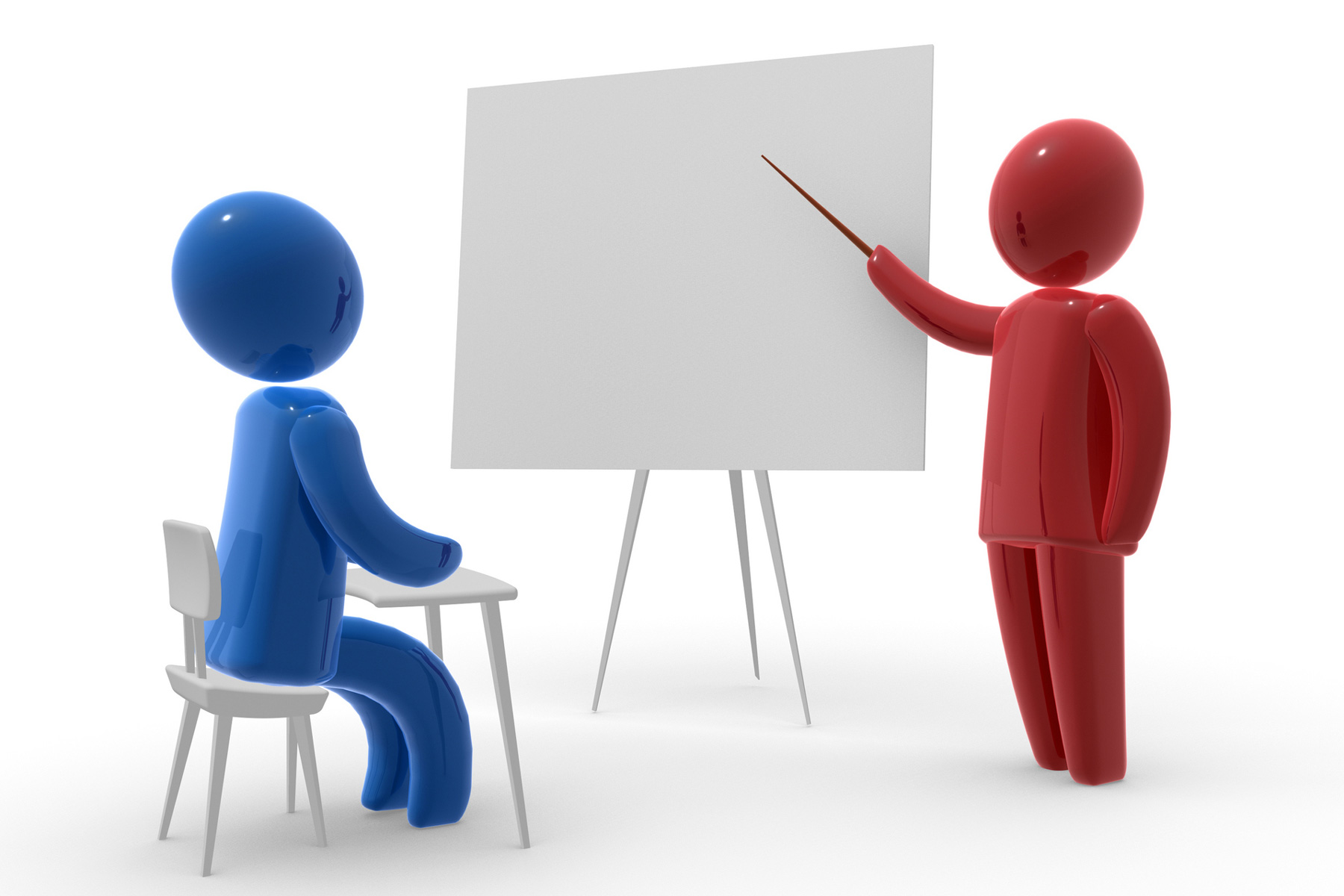
Modern parents over time face one Textual evidence very dangerous and, unfortunately, quite frequent problem. Children do not want to read books. Plea bargaining, blackmail, threats, bribery can not cope with this problem. The only thing that is an effective method is a child’s interest, desire to read this or that book on their own.
Example reading parents, for a child means less than reading older brothers, sisters or friends, so the advice of some psychologists, a personal example to motivate the child, is ineffective. This is where the first problem lies.
Children of preschool age like it very much when they read books and try to read for themselves. The child’s brain is ready to perceive a huge amount of material. Information received from parents, nannies, especially older siblings, is easily digested. Therefore, as a rule, there are no problems in preschool age. But when reading becomes a “job”, an obligation – there is a desire to throw off this “burden”. In the child’s vocabulary, the following phrases appear: “Read again!?”, “Well, how much can I read!?”, “I don’t want to! You read well” or “I don’t understand what I read”. And, pay attention, the child is telling the truth. He does not want to, at least because there are a lot of more interesting and close to heart activities: computer games, cartoons, demonstration of races “Formula 1” on TV, etc., etc. This is the second problem. So, how to be here?

Do not, even with a small child, bite. Children from childhood should feel like “adults” and understand that on their shoulders there is also a responsibility. And reading is a matter to be treated with responsibility. Reading, learning, perception of new, useful information is their job.
Be sure to encourage your child. Every time a child wants to listen to a book and, later, read, it should be encouraged. He should understand that reading is a necessary and “profitable” activity. But to encourage is not to bribe, let alone blackmail: “you will read, you will get a candy (the opportunity to sit at the computer, watch cartoons, play soccer).
A child is always proud that he strengthened his first “adult” big book. That day, when he finishes reading it, can be celebrated as a family holiday – “Day of the first book. And the gift for this day should always be a book. You can write down and keep a record of the books you have read, hold a dyslexia with numbers test competition, who in the family will read more books. This is a good motivation for the child, he will try to beat the parents, to read more books.
For teenage children, you can use audio books. Most of them listen to music. Why not invite them to listen to a book? Many schoolchildren will agree. Because listening to the same ‘War and Peace’, ‘Crime and Punishment’ and so on, they will seem much easier than reading. A very effective method is to turn on the audiobook and listen through the speakers to the parent himself while the teenager is at home. The teenager will unwillingly have to hear what the parent is listening to.
There are many methods to entice a child to read, each parent, knowing the nature and temperament of their child, chooses the method that will be most effective. The only thing not to forget is that children need to pay attention and time. Do not forget to learn to be a parent. Involve children and, what is very important, improve yourself. Your children will notice it and take it into account. Of course, there will be problems and difficulties. The problem of “fathers and children” will not go anywhere, but with a child who is erudite, readable and able to think, you will overcome all the difficulties that will stand in your way.
